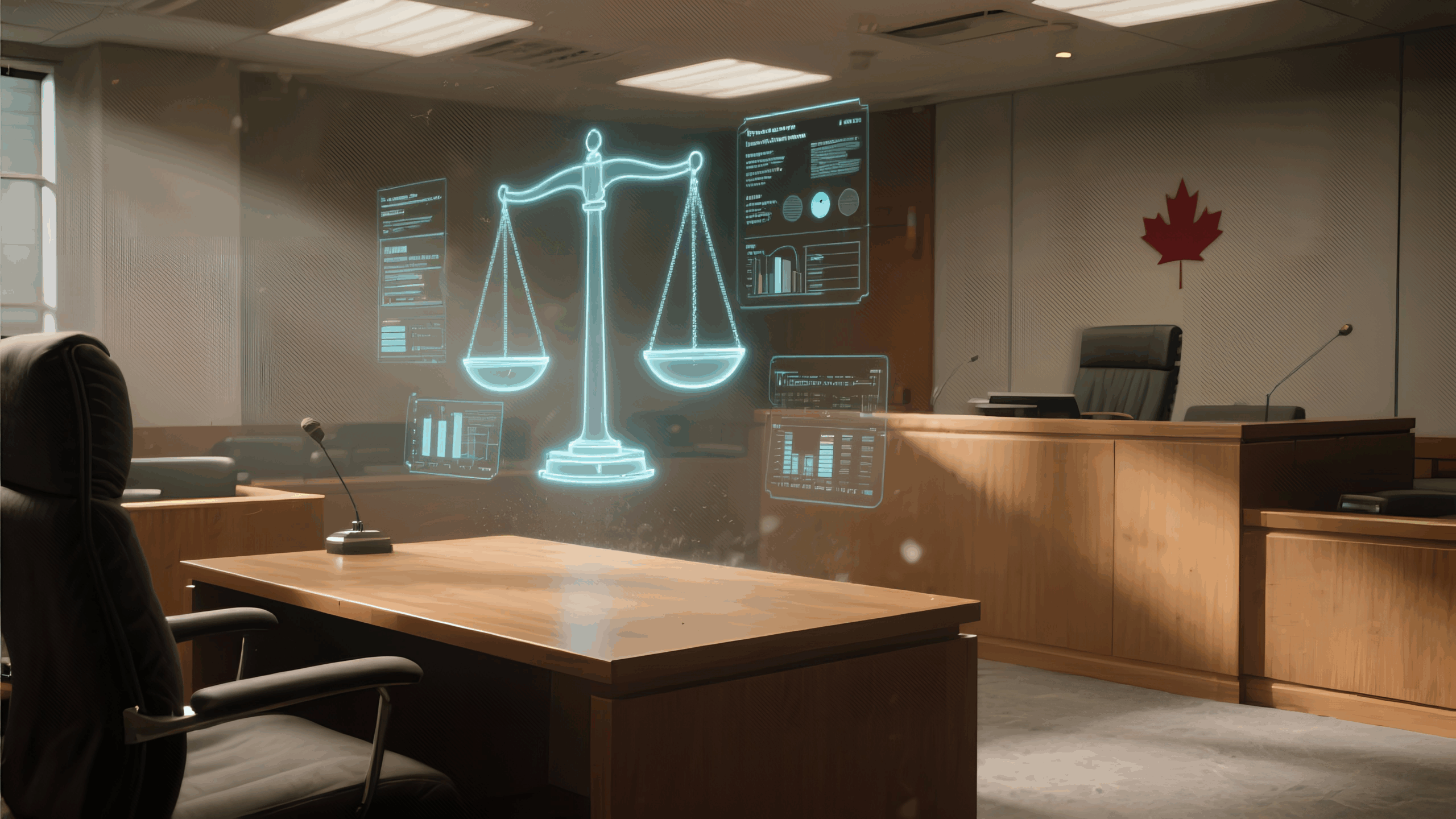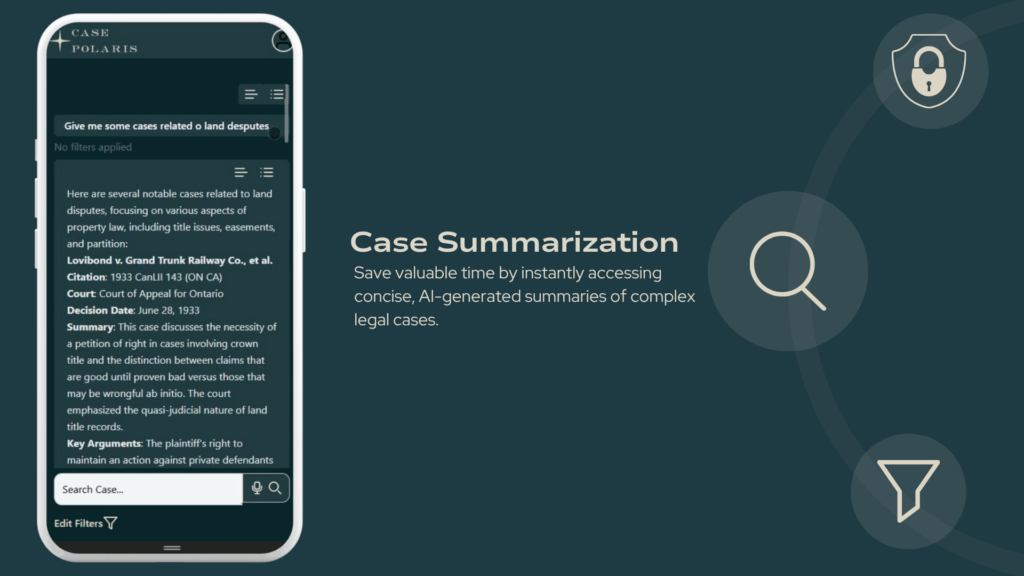How Canadian Legal Teams Can Redefine Due Diligence with Technology
Legal risk today is no longer confined to contracts or courtrooms; it’s woven into every partnership, supplier relationship, and transaction. In a world where information travels faster than regulation, traditional due diligence checklists are no longer enough.
Canadian legal teams face growing exposure across multiple dimensions: cross-border compliance, ESG accountability, supply chain transparency, and data privacy obligations. Yet many still depend on fragmented tools, manual searches, and inconsistent processes, creating blind spots that can lead to litigation or reputational harm.
In this new reality, due diligence must evolve from a static task into a continuous, technology-driven discipline, one that monitors, analyzes, and adapts in real time.

The Expanding Scope of Legal Due Diligence
The definition of due diligence has grown far beyond mergers and acquisitions. Today, legal counsel must assess an organization’s full ecosystem of risks, social, financial, regulatory, and reputational.
Here’s how the landscape has changed:
- ESG and reputational risk: Environmental, social, and governance (ESG) performance is now a core compliance factor. Platforms like CSRHub aggregate global data, helping legal teams evaluate corporate behavior across hundreds of sources.
- Global regulatory regimes: Canadian counsel must navigate not only local law but overlapping frameworks from the U.S., EU, and UK, each with distinct disclosure and anti-bribery requirements.
- Third-party and supply chain integrity: Indirect partners can create liability through unethical conduct or sanction violations.
- Real-time monitoring: Risk profiles change overnight. A “snapshot report” is obsolete without ongoing surveillance.
Without integrated tools to consolidate this information, legal teams risk missing crucial warning signs buried within global data streams.
How Technology Transforms Legal Due Diligence
This is where AI-powered legal research and risk analysis tools like Case Polaris redefine how due diligence is conducted.
Modern AI platforms go beyond keyword searches; they analyze, summarize, and correlate data points across jurisdictions, industries, and languages. For legal professionals, this means more accuracy and faster insights.
With tools like Case Polaris, Case Summarization, and Document Upload & Analysis, lawyers can:
- Instantly analyze case files and precedents related to corporate or regulatory matters.
- Summarize complex legal documents to identify potential conflicts or compliance breaches.
- Search and filter outputs using AI-powered legal research features to build a complete view of a target entity.
- Maintain confidentiality and security with encrypted data handling.
This transformation isn’t about replacing human judgment; it’s about empowering it with faster, connected intelligence.
From Routine Compliance to Strategic Insight
For modern legal advisors, due diligence is now a fiduciary duty. Regulators expect law firms and corporations to know their clients, their vendors, and even their vendors’ partners.
By integrating AI-driven research tools like Case Polaris, legal teams can:
- Identify hidden risks before deals close
- Ensure defensible audit trails for compliance review
- Strengthen client trust through transparency and precision
The result? Legal teams that don’t just react to risk, they anticipate it.
This proactive approach elevates due diligence from a compliance requirement to a strategic advantage.

The Strategic Payoff: Seeing the Risk Landscape Clearly
In 2025 and beyond, success in legal practice won’t depend on the size of your library but on the clarity of your insights. The most effective legal teams will combine AI technology, real-time data, and disciplined governance to stay ahead of evolving risks.
By using platforms like Case Polaris, Canadian legal professionals can redefine due diligence not as a checklist, but as an ongoing, data-driven commitment to accuracy, ethics, and innovation.
The future of legal compliance belongs to those who harness AI responsibly and lead with foresight.
Source: LexisNexis
Share :
